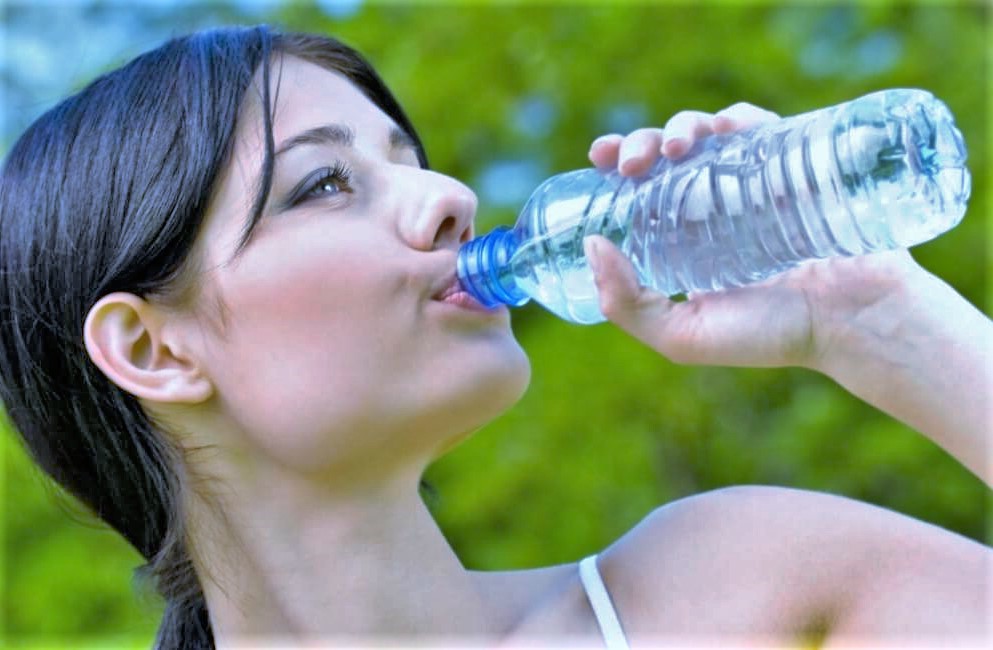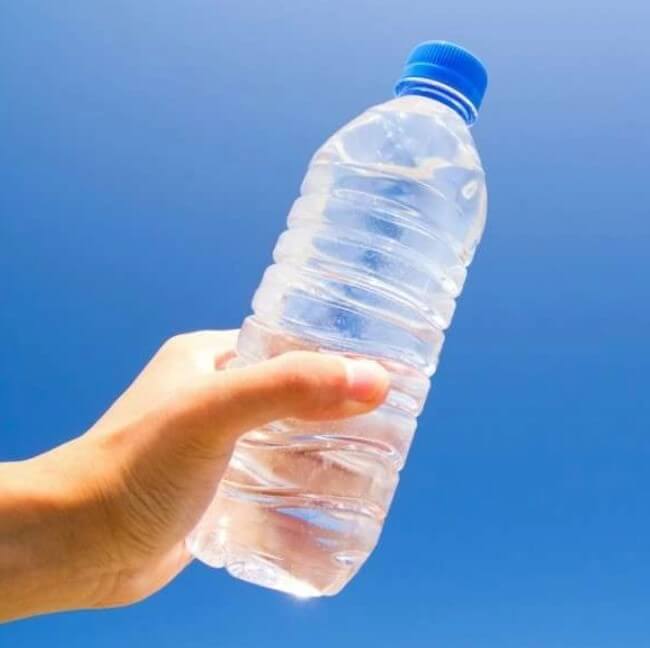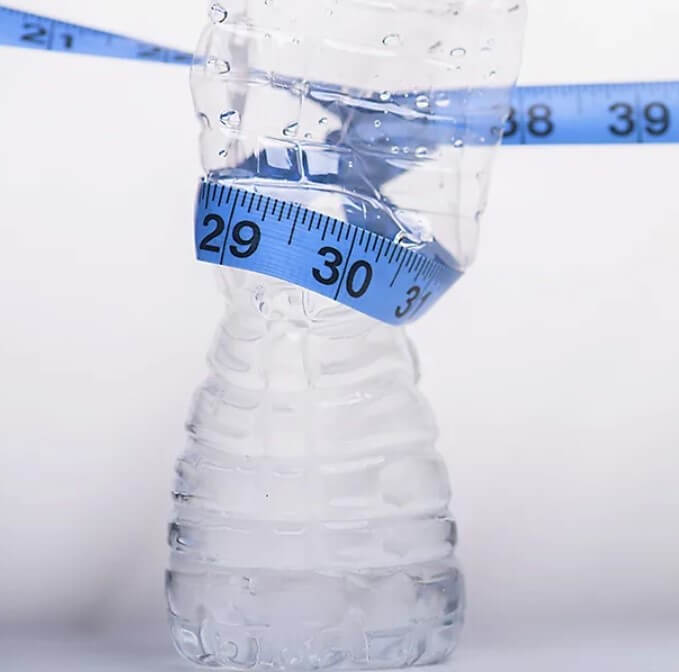how much of water should you drink a day receive constant messages that tell us that drinking liters of water every day is the secret to good health, healthier skin, or weight loss?
And people, both adults and children, are advised to carry a bottle of water and take it with them to their daily activities.
Feeding this appetite for water is the “8×8 rule” : the unofficial advice that recommends that we drink eight 240 ml glasses of water per day, almost two liters, in addition to any other beverage.
However, this “rule” is not supported by scientific findings , nor do official recommendations from various countries say that we should be drinking that much.
Where does this recommendation come from?
Everything seems to indicate that the idea of drinking two liters of water per day arises from the erroneous interpretations of two sources, both from decades ago. Skip recommendations maybe you are also interested
- how many bottles of water should you drink a day?Part1
- how many ozs in a pint
- how many tablespoons in a cup
- 10 Foods For Diabetes Type 2
End of recommendations.
In 1945, the Food and Nutrition Board of the US National Research Council advised adults to consume one milliliter of liquid for every calorie in food.

This equates to two liters of water for women on a 2,000 calorie diet and two and a half liters for men consuming 2,500 calories.
But that recommendation was not exclusive for water but included most beverages, as well as fruits and vegetables that contain up to 98% water.
On the other hand, in 1974, the book Nutrition for Good Health , by nutritionists Margaret McWilliams and Frederick Stare, recommended that the average adult consume between six and eight glasses of water a day.
But this could also include fruits and vegetables, caffeine, and soda, even beer.
Thirst is everything
There is no doubt that water is important.
Water, which makes up about two-thirds of our body weight, carries nutrients and waste products around our bodies, regulates our temperature, acts as a lubricant, is a shock absorber in our joints, and plays a role in most chemical reactions. that occur within us.

We are constantly losing water through sweat, urine, and breathing.
Making sure we have enough water is crucial to avoid dehydration.
Dehydration symptoms can become detectable when we lose between 1 and 2% of the water in our body. In very rare cases, such dehydration can be fatal.
Years of unsubstantiated claims surrounding the 8×8 rule led us to believe that feeling thirsty means that we are already dehydrated.
But most experts agree that we don’t need more fluid than the amount our bodies ask for, when they ask for it.
“Controlling hydration is one of the most sophisticated things we have developed in evolution. We have a lot of techniques that we use to maintain proper hydration,” says Irwin Rosenberg, a scientist at the Laboratory for Neuroscience and Aging at the University of Tufts in Massachusetts, United States.

In a healthy body, the brain detects when the body is dehydrated so it activates thirst to stimulate us to drink . It also releases a hormone that signals the kidneys to conserve accumulated water in the urine.
“If you listen to your body, it will tell you when you are thirsty,” says Courtney jim, a medical consultant and professor of clinical medicine at the Institute of Sports Medicine, Exercise and Health in London, UK.
“The myth that it’s too late when you’re thirsty is based on the assumption that thirst is an imperfect marker, but why should everything else in the body be perfect and thirst imperfect? It worked great for thousands of years “, he thinks.
Although water is the healthiest option, since it has no calories, other drinks also hydrate us, including tea and coffee.
Although caffeine has a mild diuretic effect, research indicates that tea and coffee contribute to hydration, as do alcoholic beverages.GettyWhat are the symptoms of dehydration?
(Dehydration means you are losing more fluid than you are taking in)
- Dehydration is the condition in which the body does not have enough water to function properly. You can become dehydrated if you don’t drink enough water, especially if you are losing a greater amount due to activity level or the environment. Increased water loss may be due to excessive sweating, urination, diarrhea, or vomiting. Dehydration can cause weakness, fatigue, muscle cramps, decreased urine output, and confusion. Severe dehydration requires emergency medical attention.
Drink water for good health
There is little evidence to suggest that drinking more water than our bodies indicate offers us benefits beyond avoiding dehydration.
However, research shows that drinking enough to avoid mild dehydration helps brain function and our ability to perform simple tasks, such as problem solving.
Some studies suggest that drinking fluids can also help control weight.
But debbie, a professor of intensive care medicine at University College London, says that any weight loss associated with water is more likely due to the use of water as a substitute for sugary drinks.
“The idea that filling up with water before a meal removes pounds is not well supported,” he says.
“The water that is taken leaves the stomach quickly. But if more water is consumed through food, such as soup, this can help the stomach to understand that it is full since the water is bound to the food and remains in the stomach longer, “says debbie.
Another supposed health benefit of drinking more water is improving the appearance of your skin.
But there is not enough evidence to suggest that there is a scientific mechanism behind this.

Is drinking a lot of water bad for us?
Those who aspire to drink eight glasses of water per day do not harm themselves.
But the belief that we need to drink more water than our bodies demand can be dangerous.
Drinking a lot of fluids can be serious when it causes a dilution of sodium in the blood . This creates inflammation of the brain and lungs, as the fluid shifts to try and balance the sodium levels in the blood.
In the last decade, jim knows of at least 15 cases of athletes who died from excess hydration during sporting events.
He believes these cases are partly because we distrust our own thirst mechanism and believe that we need to drink more than our bodies require to avoid dehydration.
Debbie
“My friend and partner thought I was dehydrated and they gave me a big glass of water. I had a massive attack and my heart stopped. They flew me to the hospital and I was unconscious from Sunday afternoon until the following Tuesday,” she says.
jim, who plans to run more marathons, says the only health advice he received from friends and promotional posters for the competitions was to drink plenty of water.
“I want people to know that something so simple can be deadly,” he says.
“All I needed to be well was a few electrolyte tablets, which increase sodium levels in the blood. I have run a few marathons before and this was not known,” he says.
How much to take?
The idea that we should hydrate constantly makes many people LLEV e n water with you all the time and drink more than their bodies need.
“The maximum a person can drink in the most extreme heat possible in the middle of the desert can be two liters in an hour, but this is very difficult,” says Hugh Montgomery, director of research for the Institute of Sport, Exercise and Health of London.

For this reason, for the specialist it is not necessary to carry around 500 ml of water in a 20 minute trip, because “you will never get hot enough to perspire at that speed, even if you are drenched with sweat”.
For those who are more comfortable following official guidelines rather than thirst, the UK Health Service recommends drinking six to eight glasses of fluids a day, including low-fat milk and sugar-free drinks, tea, and coffee.
It is also important to remember that our thirst mechanisms lose sensitivity once we are over 60 years old, which is why older adults are more likely to become dehydrated than young people.
“As we get older, we may need to be more attentive to our fluid intake habits to stay hydrated,”
Most experts agree that our fluid requirements vary based on a person’s age, body size, gender, environment, and level of physical activity.
“One of the fallacies of the 8×8 rule is its oversimplification of how organisms respond to the environment we are in,” .
“We should think of fluid requirements in the same way as energy requirements, where we talk about the temperature that we have and the level of physical activity that we are involved in.”
Most experts agree that we don’t have to worry about drinking an arbitrary amount of water per day – our bodies tell us when we’re thirsty, just as they do when we’re hungry or tired.
The only health benefit of drinking more than we need, it seems, will be the extra calories we expend running to the bathroom more often.
how much of water should you drink a day
If you liked the post on the recommended how many bottles of water should you drink a day?Part1, you can share it on your favorite social networks (Twitter, Facebook, etc.). Every day there will be new recipes and tricks for you. Follow us on Facebook.
